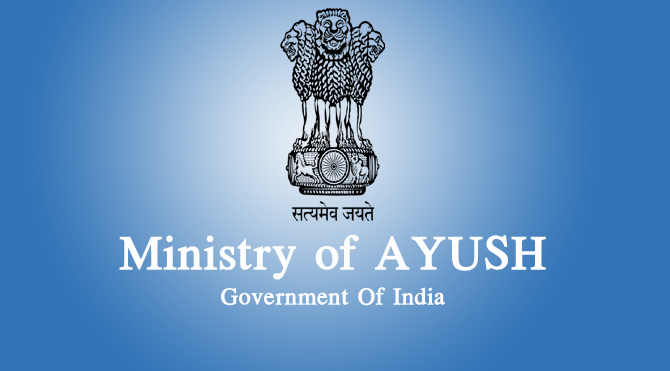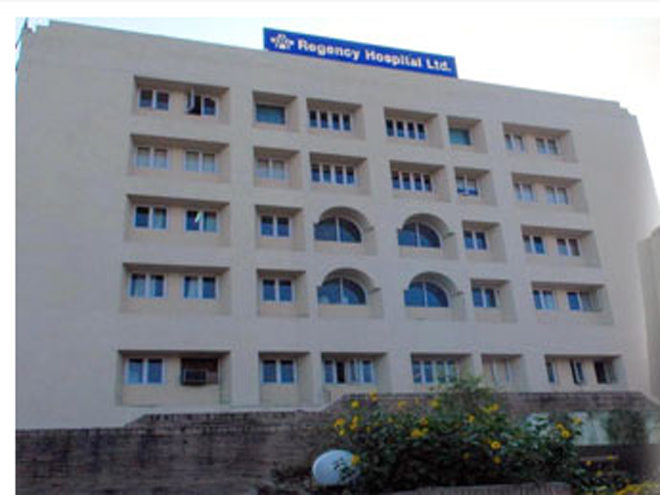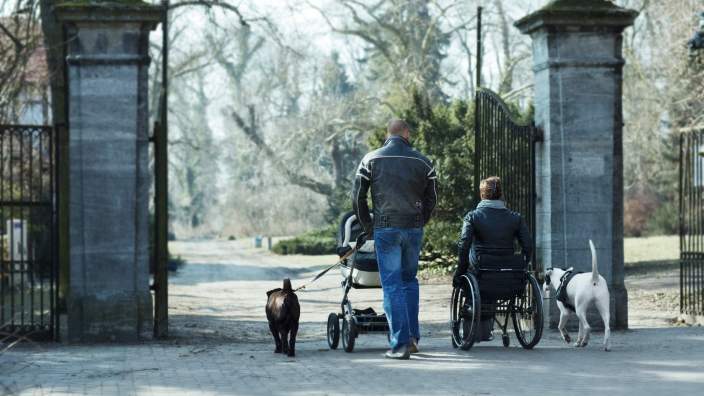
The disease is not curable, but certain lifestyle modifications like engaging in physical activities and cognitive tasks, eating right and stress management delays the diseases onset, says Dr Manjari Tripathi, Professor Neurology and President, Alzheimers & Related Disorders Society of India (ARDSI), Delhi Chapter as she gets candid with Neha Thakur of ENN

Professor Neurology
and President, Alzheimers & Related Disorders Society of India (ARDSI),
How early as in at what age does Alzheimer affects a person?
It mainly affects older people and chances of people being affected at a young age are rare and uncommon. The increasing age is a major risk factor and the standard age when Alzheimer begins to affect a person is from 55-60 years onwards.

How is Alzheimers disease diagnosed?
Following an introduction the patients medical history is taken down. Whether the body is able to carry out different functions and the mental and cognitive faculties of patient are tested. Brain imaging tests such as computerised tomography (CT) scan, magnetic resonance imaging (MRI), positron emission tomography (PET) may be performed to rule out other illnesses with similar symptoms.
Laboratory tests such as complete blood count (CBC) that shows nutritional deficiencies such as those of folate or vitamin B12, liver function test, thyroid test, as well as checking the levels of certain minerals or chemicals in the blood are also done. These tests are required to understand if other illnesses are causing the symptoms.

A lumbar puncture is sometimes done to test for the presence of some proteins in the spinal fluid. Electroencephalogram, a test to measure electrical activity in the brain, may also be performed.
What are the various stages of Alzheimers disease?
There are total of seven stages of Alzheimers.
In stage one there is normal memory and no signs of dementia. In stage two very mild cognitive decline, forgetting familiar words or the location of everyday objects. But still no symptoms of dementia can be detected. In stage three mild cognitive decline is seen in some patients. Early-stage Alzheimers where one can notice difficulties. A detailed medical interview can detect problems in memory or concentration. In stage Alzheimers disease. Gaps in memory and thinking are noticeable, and individuals begin to need help with day-to-day activities.
In stage six severe cognitive decline, mid-stage Alzheimers disease, memory continues to worsen, personality changes may take place and individuals need extensive help with daily activities. Unable to recognise own family, changes in sleep pattern, loss of bladder and bowel control.
At stage seven a very severe cognitive decline (Severe or late-stage Alzheimers disease) is seen. There is a severe loss of the ability to respond to their environment, to carry on a conversation and even body movement.
Is it more common among males or females?
It is generally more common among females as compared to males especially after postmenopausal in females.
Is there a permanent cure for Alzheimers?
Well, there is actually no permanent cure for Alzheimers as of now. Therefore it would not be wrong to state that there is no permanent cure and only prescribed medicines made to prevent very rapid progression of the disease and preserve activities of daily living can safeguard a person from Alzheimers and its repercussions.
Has the percentage of people affected with this disease increased over the years?
As of now there is no well studied and researched data to establish the fact but risk factors of the disease have increased rapidly as increased longevity is a risk factor plus genetics, hereditary and lifestyle factors that has tremendously improved over the years. These factors can easily be attributed to the increased number of Alzheimers, so yes it is projected to have increased over the years without doubt.
Eat healthy, socialise, adopt healthy lifestyle and keep the brain utterly active to reduce risks of Alzheimers disease
| Dementia and its forms |
Dementia is the progressive loss of the powers of the brain. The most common kinds are Alzheimers disease and vascular dementia. These disease damage and kill brain cells, so that the brain cannot work as well as it should. This causes problems with memory, communication and thinking and also with day to day activities such as handling money and dressing.
For individuals, dementia can be devastating. Bit by bit it takes away peoples ability to do everyday things. They lose the ability to make decisions about their lives. They become reliant on others. Families have to provide more and more support and care. There is no cure for dementia, and treatment is limited.
Dementia is also a major public health issue in India. It is the fourth biggest killer after heart disease, strokes and cancer. It is most common among older people, and as life expectancy increases, there will be older people and so more people with dementia. By 2030 there will be about eight million people with dementia in India, up from four million today.
Research shows that many factors affect the risk of developing dementia. Some factors you cant do anything about. For example, the biggest risk is getting older “ dementia is more common in older people. But there is a lot you can do which may reduce your risk. Though not curable as yet, involving in activities that keep the brain active is the best way to mitigate risks associated with Alzheimers disease.
How can family members and relatives help a person suffering from Alzheimers?
By reading the careg iver manual and contacting the locals Alzheimers and related disorders society of India (ARDSI)- Chapter for understanding the disease and the person affected.
What are main causes and symptoms of Alzheimers?
Gradual and relentless slow progression of diff iculty in remembering recent things, calculation mistakes, reading and writing and understanding difficulties, getting lost in familiar places, not being attentive, loss of analytical and deduction skills, not being able to do usual learned tasks, change in personality and behavior etc. Any two or more of these have to be present.
What steps are being taken to spread awareness about Alzheimer?
Most people find the suggestions unglamorous and restrictive so dont follow doctors advice. There should be exclusive cycle track, walking track with safety for free physical exercise, palm and cheap oils which are polyunsaturated should be banned in the country. Smoking and alcohol should have very heavy price, there should be free measure of BP and sugar in all shopping malls/ community places etc, good food should be inexpensive harmful food and packaged food be very expensive etc. Day care centers for the person with dementia should be made in every few km of the city each area having its own, a family with a person with dementia should get full social security and empathy.
Be a part of Elets Collaborative Initiatives. Join Us for Upcoming Events and explore business opportunities. Like us on Facebook , connect with us on LinkedIn and follow us on Twitter , Instagram.












